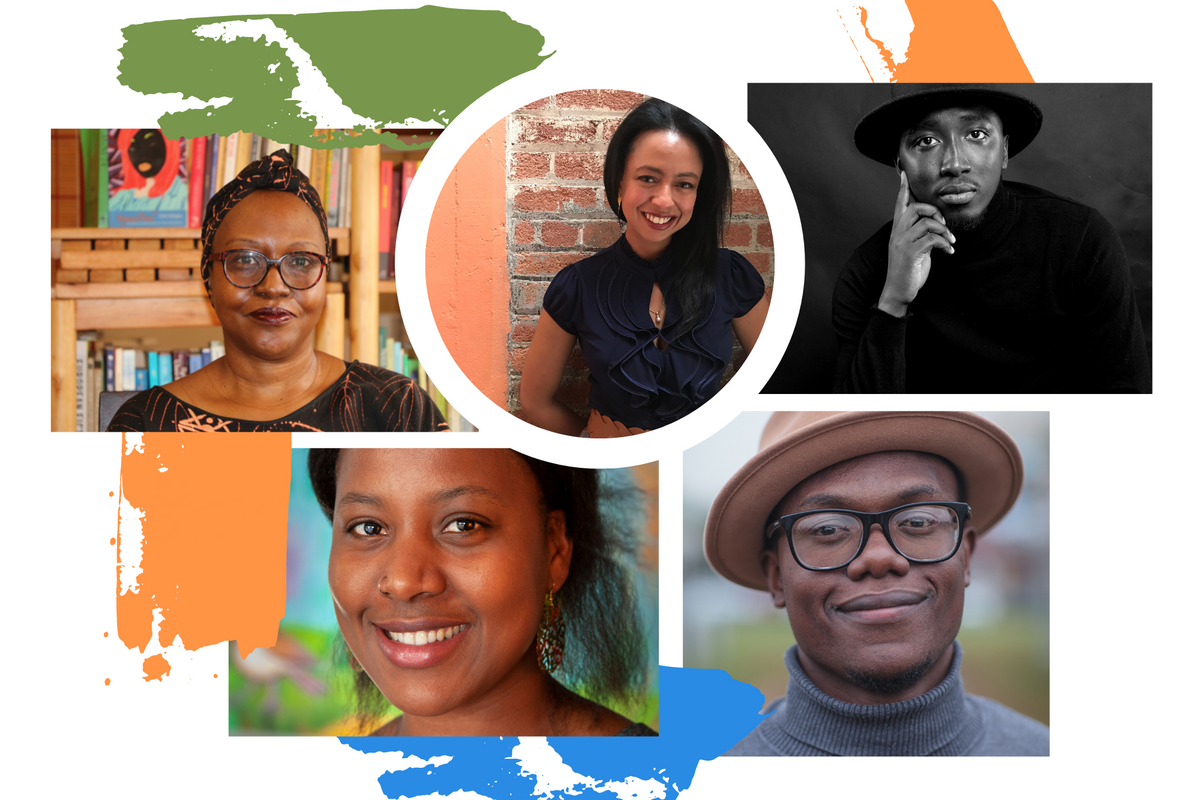
Meet the Shortlisted Writers for the 2021 AKO Caine Prize
Get acquainted with the five writers shortlisted for this year's AKO Caine Prize, one of the most prestigious African literature accolades.
SEARCH

Get acquainted with the five writers shortlisted for this year's AKO Caine Prize, one of the most prestigious African literature accolades.